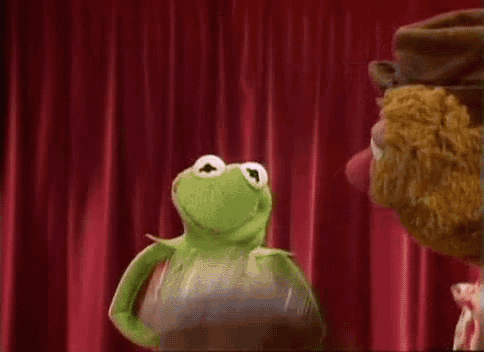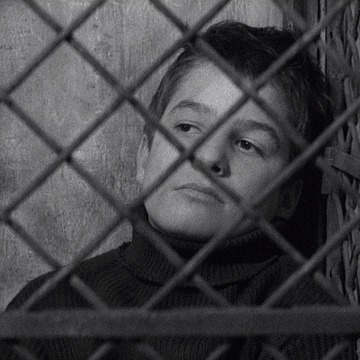I’ve talked in the past about academic work in my field(s)—with some humor, but also with both affection and respect for the serious exploration done by, in particular, grad students and early career scholars exploring how serious issues play out in (in particular) popular culture. Here’s another example:
From the communal rebuilding of a computerized datapaths and software programs, to the reinvention of what a television show could look like during a global health crisis, to the rallying of a community of creatives after the sudden passing of their leader and friend, the Muppets always find a way to come together for the sake of each other. This commitment to what we owe one another acts as a countermeasure to the brutality of social norms and sincerely asks us to imagine “otherwise possibilities”
Coby, Laura M. 2023. “ Muppets Take Windows 95: The Queer Failure of Muppets Inside: CD-ROM.” The Journal of American Culture 00 (0): 1–8. https://doi.org/10.1111/jacc.13482.
I do get, honestly, why work like this—an examination of a Muppets interactive product from a queer theory perspective—might seem weird, or even pointless, to people not in the academic humanities, or who haven’t spent much time thinking about it, but honestly most of that, all of that really, is a kind of snobbery, and reflects a real lack of understanding about scholarship in the humanities (and in the social sciences, as well, far too often).
I mean, if you take a step back and bracket prejudices towards queer theory or popular culture or interactive CD-ROMs (or computer games or whatever), it should be readily apparent that this is no more pointless than much (most, possibly even all) of the scholarship on Shakespeare or Jane Austen. Work on the Muppets and on contemporary material, arguably, is even more important because it helps us understand the current moment in culture (and also in capitalism). If work on Shakespeare or Jane Austen is more important, it’s only because more people read them, still, than are likely to engage with this Muppets product.
And that’s not invalid. Though it does remind me of a bit from David Lodge’s wonderful novel about academia and English departments in particular, Changing Places, in which one of the main characters, Morris Zapp (a riff on Stanley Fish), wants to write the definitive critical examination of Jane Austen from every angle, feminist, Marxist, practical criticism, you name it—so that when he’s done, no more scholarly work on Jane Austen will be possible. (Because presumably, he’s sick of how much of it there is, but I think we are meant to think it also reflects a sexist hostility toward or deprecation of Austen… and women more generally.)
And younger academics have to find topics that have not been done to death already, if they are to get papers published, get a dissertation through, have any hope of getting a tenure track position, or—increasingly these days—any paid position. So they look for new angles on old texts—queer rereadings of Austen, for instance, though that’s barely, not even at all, a stretch—or work on newer, and therefore perforce less widely known, read, popular, texts, like… the Muppets.
And also the Muppets just rock. I’d be happy to see whole special issues of journals devoted to Muppets scholarship.
For more…
- The Muppet Movie (1979) – Amazon
- The Muppets (Season 1) – Amazon
- Small World, by David Lodge – from independent bookshops
Filed under: Pop Culture, academics





